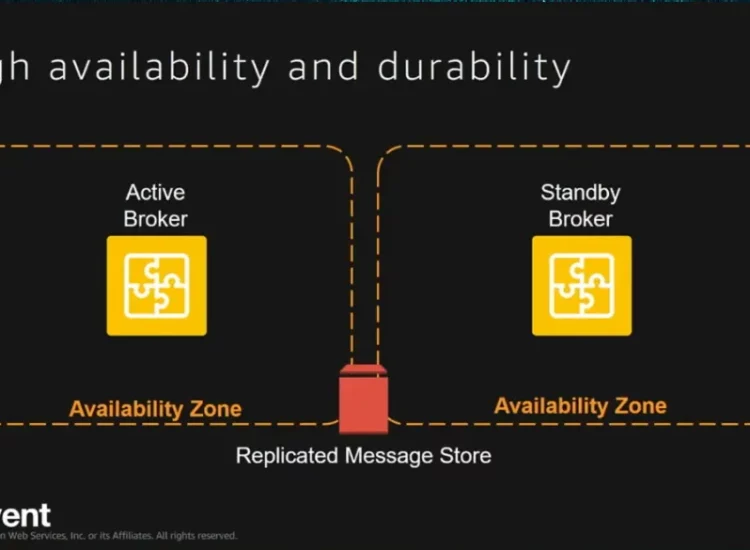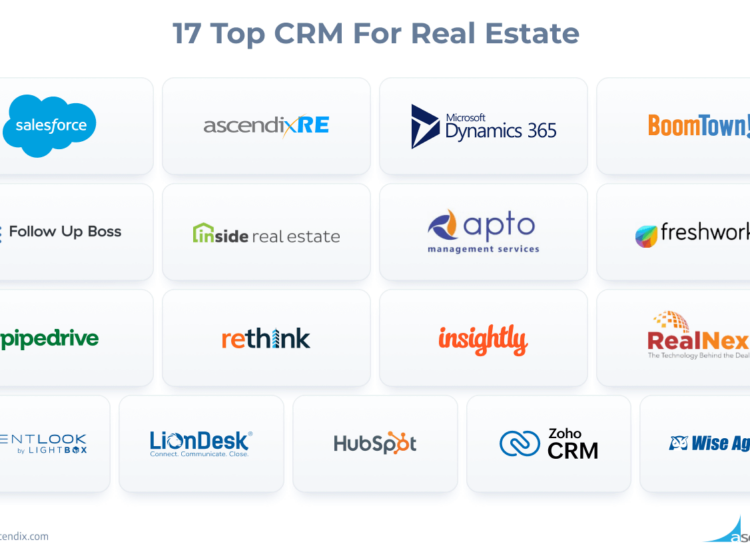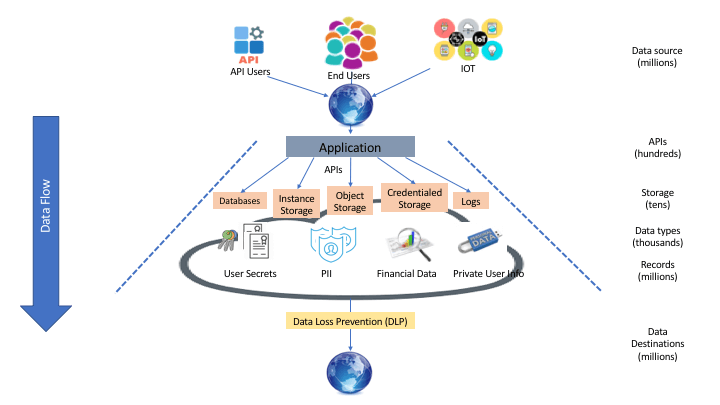The healthcare industry is facing a critical shortage of qualified administrators, with the U.S. Bureau of Labor Statistics predicting a 23% job growth in medical and health services management by 2030. This surge in demand highlights the increasing complexity of healthcare systems and the need for skilled professionals who can navigate these challenges. MHA degree programs provide the specialized knowledge and leadership skills necessary to excel in this dynamic field.
Toc
Why an MHA Degree is Essential for Healthcare Professionals

The healthcare landscape is constantly evolving, presenting complex challenges that require innovative solutions. Healthcare organizations today must navigate a myriad of regulations, reimbursement models, and technological advancements, all while ensuring the delivery of high-quality, efficient, and ethical care. This is where the expertise of healthcare administrators, armed with an MHA degree, becomes invaluable.
An MHA degree equips working healthcare professionals with the advanced knowledge, skills, and strategic thinking necessary to excel as leaders in this dynamic industry. From mastering financial management to spearheading quality improvement initiatives, MHA graduates are poised to take on a wide range of leadership roles in hospitals, health systems, consulting firms, government agencies, and beyond.
The Importance of Leadership in Healthcare
Effective leadership in healthcare is not just about managing resources; it involves inspiring teams, fostering a culture of collaboration, and driving organizational change. Leaders in healthcare must be adept at navigating complex interpersonal dynamics while also understanding the broader implications of their decisions on patient care and organizational performance. With an MHA degree, professionals develop these critical skills, enabling them to lead with confidence and effectiveness. For instance, during the COVID-19 pandemic, healthcare leaders faced unprecedented challenges. They had to quickly adapt to new protocols, manage supply chain disruptions, and address staff shortages, all while ensuring patient safety and access to care. Effective leadership during this crisis involved clear communication, collaborative decision-making, and prioritizing the well-being of both patients and healthcare workers.
Real-World Application of MHA Skills
The skills gained through an MHA program are not merely theoretical; they have direct applications in the healthcare setting. For example, graduates may implement quality improvement initiatives that enhance patient care and safety, develop financial strategies that ensure organizational sustainability, or lead teams through significant changes such as mergers or the adoption of new technologies. These real-world applications underscore the value of an MHA degree in shaping effective healthcare leaders. For example, a recent study by the Institute of Medicine found that medical errors are a leading cause of preventable deaths in the United States. MHA graduates are equipped to implement quality improvement initiatives, such as implementing standardized protocols, using data analytics to identify risk factors, and promoting a culture of safety, which can significantly reduce medical errors and improve patient outcomes.
The Flexibility and Convenience of Online MHA Degree Programs

The rise of online MHA programs has revolutionized the way healthcare professionals can pursue advanced education. These programs offer the flexibility and convenience that working individuals need, allowing them to balance their studies with demanding work schedules.
Online MHA programs typically feature asynchronous learning, enabling students to access course materials and complete assignments on their own schedule. This flexibility allows working professionals to study at their own pace, fitting their education seamlessly into their busy lives. Additionally, the technological support and resources provided by these programs ensure a smooth and enriching learning experience, regardless of location.
However, some argue that online programs may lack the same level of interaction and engagement as traditional classroom settings. While online programs often utilize interactive tools and virtual discussions, some students may prefer the in-person learning experience.
Advantages of Online Learning
- Self-Paced Learning: Online programs often allow students to set their own schedules, making it easier to manage coursework alongside work and personal commitments.
- Diverse Learning Resources: Many online MHA programs utilize a variety of multimedia resources, including videos, podcasts, and interactive simulations, catering to different learning styles.
- Global Networking Opportunities: Online programs often attract students from diverse geographic locations, providing opportunities to network with peers and professionals from various backgrounds.
- Access to Expert Faculty: Students in online MHA programs often have access to experienced faculty members who bring real-world expertise and insights into the virtual classroom. This allows for rich discussions and personalized mentorship opportunities.
- Cost-Effective Option: Online programs often have lower tuition fees than traditional on-campus programs, making advanced education more accessible to a wider range of students.
Disadvantages of Online Learning
- Limited Face-to-Face Interaction: One of the primary drawbacks of online learning is the lack of in-person engagement. Though virtual discussions and forums try to bridge this gap, they may not replicate the same sense of community and real-time collaboration found in traditional classroom settings.
- Self-Discipline Required: Online learning necessitates a high degree of self-motivation and discipline. Without scheduled class times and regular interactions with peers and instructors, students may find it challenging to maintain consistent study habits.
- Technology Dependence: The reliance on technology for online learning can pose challenges, especially if students face technical issues or lack access to reliable internet connections. This digital dependency can sometimes hinder learning if technical support and resources are not readily accessible.
- Perceived Isolation: Some students may experience feelings of isolation due to the nature of online learning. The absence of direct interaction can make it difficult to form meaningful connections with fellow students and instructors, impacting the overall learning experience.
- Question of Credibility: While many employers recognize the value of online degrees, some may perceive them as less credible than traditional degrees. Students may need to proactively demonstrate the rigor and value of their online MHA program to potential employers.
In conclusion, while online MHA programs offer significant advantages in terms of flexibility and resources, prospective students must weigh these benefits against the potential drawbacks. It is essential to evaluate personal learning preferences, career goals, and the specific features of available programs to make an informed decision that aligns with both their professional aspirations and lifestyle needs.
1. https://chobangkaewthai.com/archive/42/
2. https://chobangkaewthai.com/archive/38/
3. https://chobangkaewthai.com/archive/39/
Investing in Your Future: Key Skills Gained in an MHA Program

A comprehensive MHA curriculum equips students with a diverse set of skills and knowledge essential for success in healthcare administration. These programs typically cover the following key areas:
One of the most significant trends in healthcare is the rapid adoption of technology. MHA programs are incorporating courses on topics such as telehealth, electronic health records (EHRs), and data analytics, preparing graduates to lead organizations in this evolving technological landscape.
The shift towards value-based care, where providers are incentivized to improve patient outcomes and reduce costs, is another major trend shaping the healthcare industry. MHA programs are preparing graduates to understand and implement value-based care models, which require a deep understanding of data analytics, quality improvement, and population health management.
Healthcare Systems and Policies
MHA students gain a deep understanding of the structure, dynamics, and regulations governing the healthcare industry. They explore topics such as healthcare policy, reimbursement models, and the evolving role of various stakeholders within the system. This foundational knowledge is critical for navigating the complexities of healthcare delivery and ensuring compliance with regulatory standards.
Financial Management
Mastering financial literacy is crucial for healthcare administrators. MHA programs focus on developing skills in areas like budgeting, cost accounting, revenue cycle management, and the financial implications of strategic decision-making. Graduates are equipped to analyze financial data, make informed budgetary decisions, and optimize resource allocation within their organizations.
Leadership and Strategic Planning
Effective leadership and strategic planning abilities are at the core of an MHA degree. Students cultivate skills in communication, team building, conflict resolution, and strategic planning, preparing them to lead healthcare organizations towards their goals. Leaders must inspire their teams, foster collaboration, and drive a culture of continuous improvement.
Quality Improvement and Patient Safety
Healthcare administrators play a vital role in implementing quality improvement initiatives and ensuring the safety and well-being of patients. MHA programs emphasize the importance of data-driven decision-making, performance measurement, and continuous improvement in healthcare delivery. Graduates learn how to design and implement programs that enhance patient safety, reduce errors, and improve overall care quality.
Data Analytics and Informatics
The growing importance of data-driven decision-making in healthcare is reflected in MHA curricula. Students gain expertise in health information systems, data analysis, and healthcare informatics, equipping them to leverage data for improved organizational performance and patient outcomes. Understanding how to interpret and utilize data is essential for making informed decisions that positively impact patient care.
However, some argue that a strong clinical background is essential for effective healthcare leadership. While MHA programs provide a comprehensive understanding of healthcare systems and management, some believe that experience working directly with patients is crucial for developing empathy and understanding the impact of decisions on individual lives.
Diverse Career Paths for MHA Graduates

An MHA degree serves as a versatile passport to a diverse array of fulfilling careers within the healthcare landscape. Graduates may pursue roles such as:
1. https://chobangkaewthai.com/archive/38/
2. https://chobangkaewthai.com/archive/42/
3. https://chobangkaewthai.com/archive/41/
Hospital Administrators
Hospital administrators oversee the day-to-day operations and strategic planning of healthcare facilities. They are responsible for ensuring that hospitals run efficiently, comply with regulations, and provide high-quality patient care. This role requires strong leadership skills and a deep understanding of healthcare systems.
Health System Executives
MHA graduates often ascend to executive positions within health systems, leading the management and coordination of multiple healthcare organizations. These roles involve strategic planning, financial oversight, and collaboration with various stakeholders to enhance organizational performance.
Healthcare Consultants
MHA graduates are also in high demand as healthcare consultants, providing expert advice and support to organizations navigating complex challenges. They analyze operations, identify areas for improvement, and recommend strategies to enhance efficiency and effectiveness.
Government Agencies
Government healthcare agencies seek out the expertise of MHA-trained professionals to develop and implement policies, manage programs, and ensure regulatory compliance. Graduates may work in roles that influence public health initiatives and improve healthcare access for underserved populations.
Health Insurance Companies
MHA graduates can pursue careers in health insurance companies, where they analyze claims data, develop policies, and ensure compliance with regulations. They play a crucial role in managing healthcare costs and improving the overall quality of care provided to insured individuals.
The Future of Healthcare Leadership
As the healthcare industry continues to evolve, the need for strategic, innovative, and ethical leaders will only grow. An MHA degree equips individuals with the tools and perspectives to shape the future of healthcare delivery, ensuring that organizations not only survive but thrive in the face of changing patient needs, technological advancements, and regulatory environments.
By investing in an MHA program, you’ll gain the necessary skills and knowledge to navigate these challenges and emerge as a respected leader in the healthcare field. The insights and expertise you’ll acquire will empower you to drive positive change, improve patient outcomes, and make a lasting impact on the communities you serve.
Conclusion
The healthcare industry’s growing demand for skilled administrators makes an MHA degree an increasingly valuable asset for working professionals. By pursuing an online MHA program, you can gain the advanced knowledge, leadership skills, and strategic thinking necessary to drive positive change within the healthcare system.
Whether you’re seeking to advance in your current role or explore new opportunities, an MHA degree can open doors to a rewarding and impactful career in healthcare administration. Take the first step towards becoming a healthcare leader and explore the flexible, accredited MHA programs available to you today. The journey to becoming a transformative leader in healthcare starts with your decision to invest in your education and future. Embrace the opportunity to make a difference in the healthcare landscape, and position yourself for success in this fulfilling career path.










